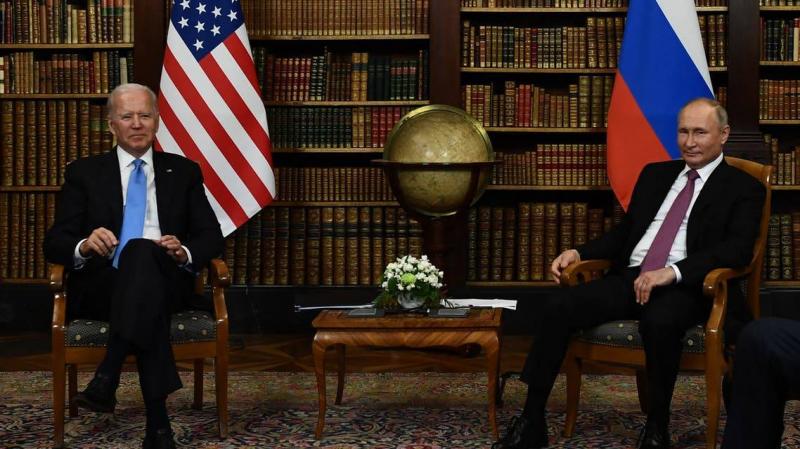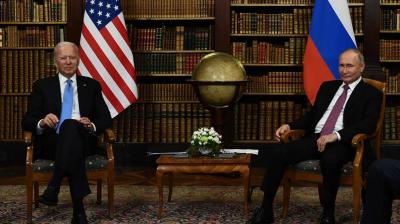As the West rules out military options to deter Russia, aware of the devastating consequences such options could entail, the only weapon that the West can wield against the Russian bear is the use of economic sanctions. These sanctions did not take long to manifest, with one of the most notable being Germany's announcement on Wednesday that it has halted the approval of the Nord Stream 2 pipeline. This move was described as the strongest action taken on the ground against Russia since its President Vladimir Putin recognized the independence of two regions in Eastern Ukraine and ordered his troops into the separatist territories.
The Dangerous Weapon
The dangerous weapon that the West has hinted at but has not yet employed against Putin may lie in SWIFT, a global messaging service used by banks and financial institutions. Removing Russia from the SWIFT system would complicate financial institutions' ability to transfer funds in and out of the country, leading to a sudden shock for Russian companies and their foreign clients—particularly buyers of oil and gas exports priced in U.S. dollars. Experts expect that this would result in the termination of all international transactions in Russian banks, causing volatility in the ruble and leading to massive capital flight.
SWIFT is based in Belgium and is managed by a board of directors comprising 25 individuals. It describes itself as a "neutral utility," established under Belgian law, and must comply with EU regulations. There is indeed a precedent for removing a country from SWIFT, as Iranian banks were disconnected in 2012 after the EU imposed sanctions due to the country's nuclear program. Former Finance Minister Alexei Kudrin estimated in 2014 that excluding Russia from the SWIFT system would shrink its economy by 5%—this penalty was last considered in response to Russia's annexation of Crimea.




